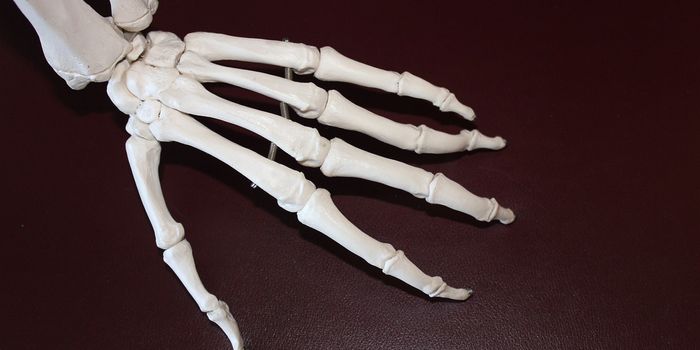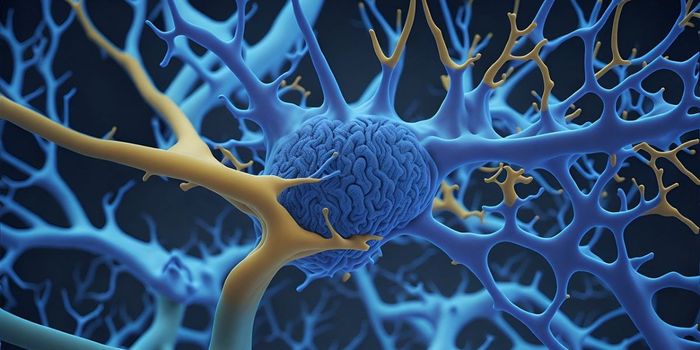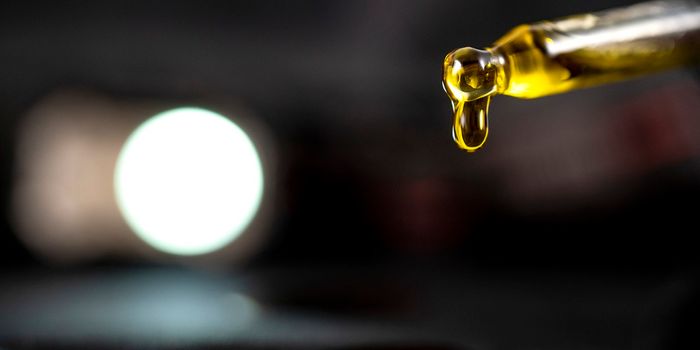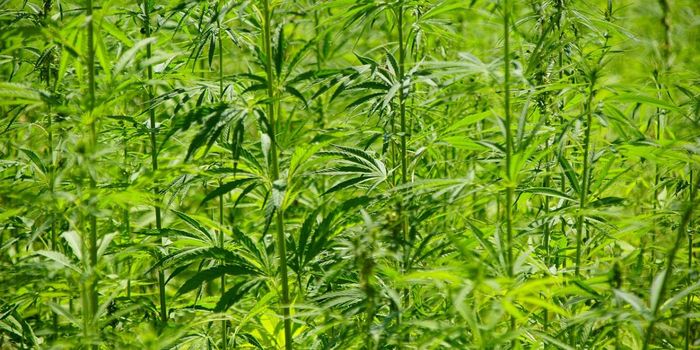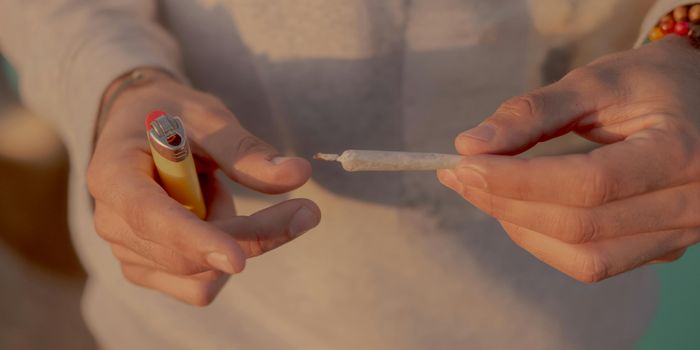CBD Extract for Cannabis Addiction
Some people believe the secret to curing a hangover is to drink more alcohol the morning after a night of binge drinking - “the hair of the dog that bit you.” That may or may not be true, but a new study suggests that there might be a similar relationship between CBD and cannabis addiction.
Despite myths that cannabis is not addicting, the National Institute on Drug Abuse states that it is indeed possible to develop an addiction to marijuana, which is derived from the cannabis plant. Experts estimate that as many as 30 percent of marijuana users will develop a “marijuana use disorder,” and the risk is much higher for users who begin marijuana use before they are 18 years old.
According to New Scientist, 10 percent of cannabis users become addicted and thus experience withdrawal symptoms like anxiety and insomnia. Treatment sought for addiction has increased in recent years, likely due do increased use of more potent strains of cannabis.
Tetrahydrocannabinol (THC) is a phytocannabinoid infamous for its psychoactive qualities associated with cannabis use, including anxiety. However, another famous phytocannabinoid, cannabidiol (CBD), may neutralize the toxic, anxiety-inducing qualities of THC. A new clinical study showed that a CBD extract successfully helped addicts reduce their cannabis smoking by 50 percent. CBD may have “anti-addictive properties” in general, according to Iain McGregor from the University of Sydney, who was involved in the study.
The study was a four-week clinical trial with 82 participants who were classified as “severely” addicted to cannabis. Participants were randomly assigned to receive either one of three doses of CBD extract with various potency or a placebo. The clinical trial also involved providing psychological support. The lowest of the three doses was found to be ineffective, but the middle dose (400 milligrams) was successful in reducing cannabis use by 50 percent compared to the placebo. The highest dose (800 milligrams) was slightly less effective than the middle dose. Researchers measured cannabis use during the clinical trial by measuring THC levels in urine.
This clinical trial follows a previous trial where the experimental extracts contained both CBD and THC, similar to how nicotine patches and gum are used to help people quit smoking cigarettes. CBD extracts are also being researched for a potential role in addressing alcohol addiction. Like with cannabis withdrawal, alcohol withdrawal can cause severe anxiety. CBD may be able to help.
It is important to note that dependable clinical trials supporting the idea that CBD and other phytocannabinoids found in cannabis have various health benefits have a long way to come. Research supporting health claims for phytocannabinoids is still building.
Source: New Scientist

